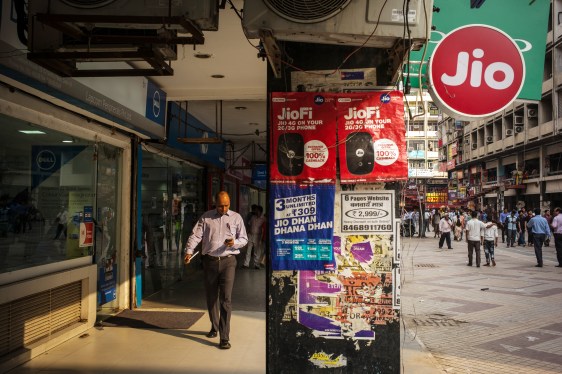Government Intervention Leads to Removal of Over a Dozen VPN Apps
The Indian government has taken a significant step in regulating the use of Virtual Private Network (VPN) apps within its territory. In a move that has sparked controversy and raised concerns among cybersecurity experts, India’s Ministry of Home Affairs issued removal orders for over a dozen VPN apps from both Apple’s App Store and Google Play Store.
Affecting Apps: 1.1.1.1, Hide.me, and PrivadoVPN
Among the affected apps are Cloudflare’s widely used 1.1.1.1, as well as Hide.me and PrivadoVPN. These popular VPN services have been pulled from the app stores following a demand from the Indian Cyber Crime Coordination Centre (ICCCC), which is part of the Ministry of Home Affairs.
What Triggered the Removals?
According to sources familiar with the matter, Apple cited a ‘demand’ from the ICCCC in removing the affected apps. The reason behind this removal is said to be that these VPN providers and cloud service operators failed to comply with India’s 2022 regulatory framework governing VPN apps.
India’s Regulatory Framework for VPN Apps
The Indian government introduced new regulations in 2022, which mandate that VPN providers and cloud service operators maintain comprehensive records of their customers. This includes names, addresses, IP addresses, and transaction histories, all of which must be kept on file for a period of five years.
Industry Pushback: Major Players Raise Concerns
This stringent requirement has prompted pushback from major industry players. Top brands such as NordVPN, ExpressVPN, Surfshark, and Proton VPN have expressed significant reservations about the rules. Several leading VPN providers have even announced plans to withdraw their server infrastructure from India.
Continued Services for Indian Customers
Despite this, some VPN providers continue to maintain services for Indian customers, albeit with modifications to their operations within the country. NordVPN, ExpressVPN, and Surfshark, for instance, still offer services to Indian users but have stopped marketing their apps in India due to these regulatory requirements.
Industry Response: Compliance Challenges
Major industry players have expressed concerns over the enforceability of these regulations. They argue that such stringent record-keeping requirements will create significant compliance challenges and potentially infringe on users’ right to privacy.
Apple, Google, Cloudflare Respond (or Not)
When reached for comment, Apple cited a ‘demand’ from the ICCCC in removing the affected apps. Meanwhile, Google disclosed the removal of these VPN apps via Lumen, Harvard University’s database that tracks government takedown requests globally. Neither Apple nor Google has made any further statements on this issue.
Cloudflare’s Take:
Cloudflare did not comment directly on the matter but has been vocal about its concerns regarding India’s regulatory framework for VPNs. The company has emphasized the importance of maintaining user anonymity and protecting their right to privacy online.
Impact and Implications
This significant enforcement action by the Indian government raises questions about the future of VPN services in the country. As these regulations are applied across the board, several leading industry players have expressed concerns about complying with such strict requirements.
The Road Ahead
As India’s regulatory framework for VPNs continues to evolve, it remains unclear what impact this crackdown will have on the broader online community. Will other countries follow suit and adopt similar regulations? What implications will these new requirements have on global cybersecurity efforts?
Sources:
- [1] "TechCrunch", accessed March 2023.
- Lumen database, Harvard University.
Related News
- "India Cracks Down on VPN Apps", TechCrunch, March 2023.
- "Indian Government Issues Removal Orders for Dozens of VPN Apps", Google Lumen Database, March 2023.



